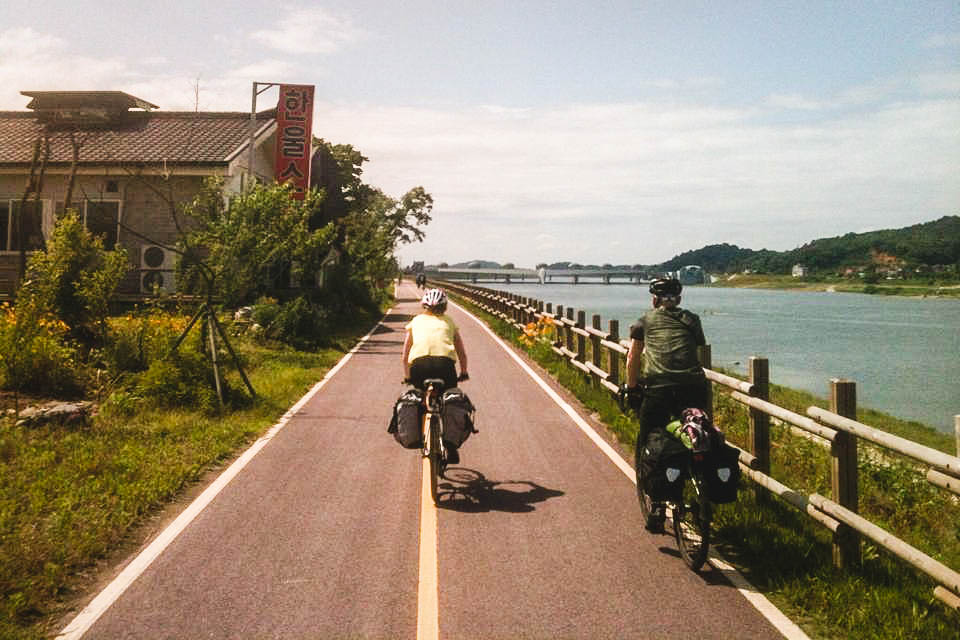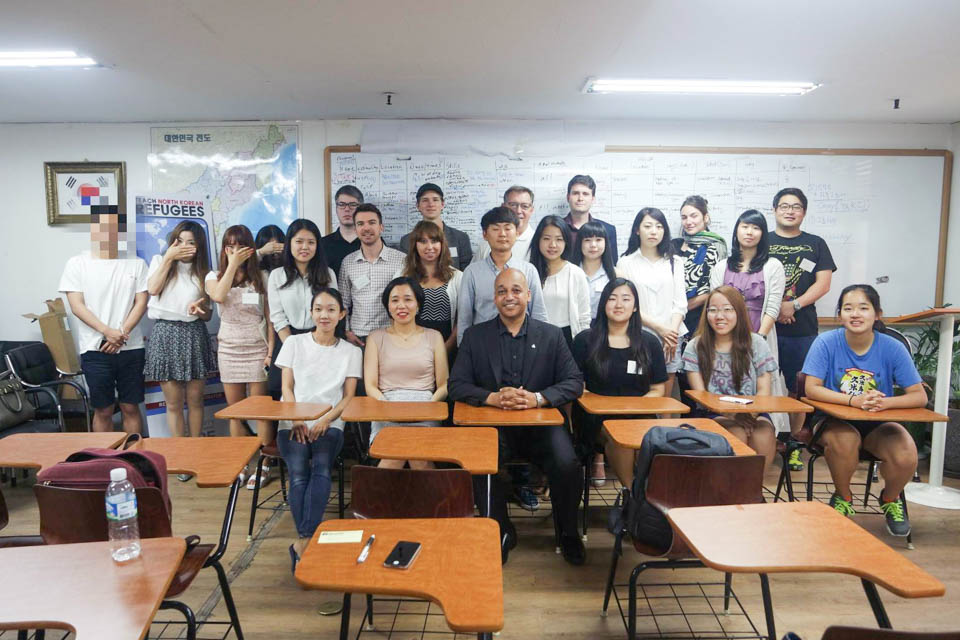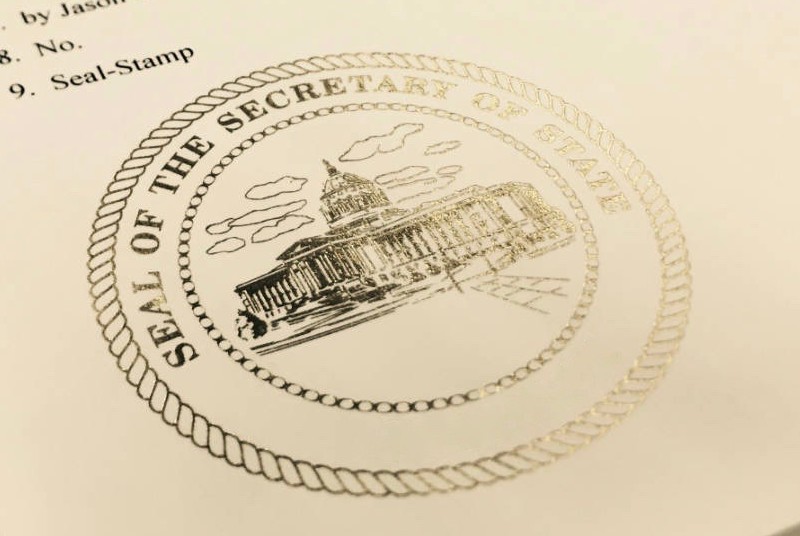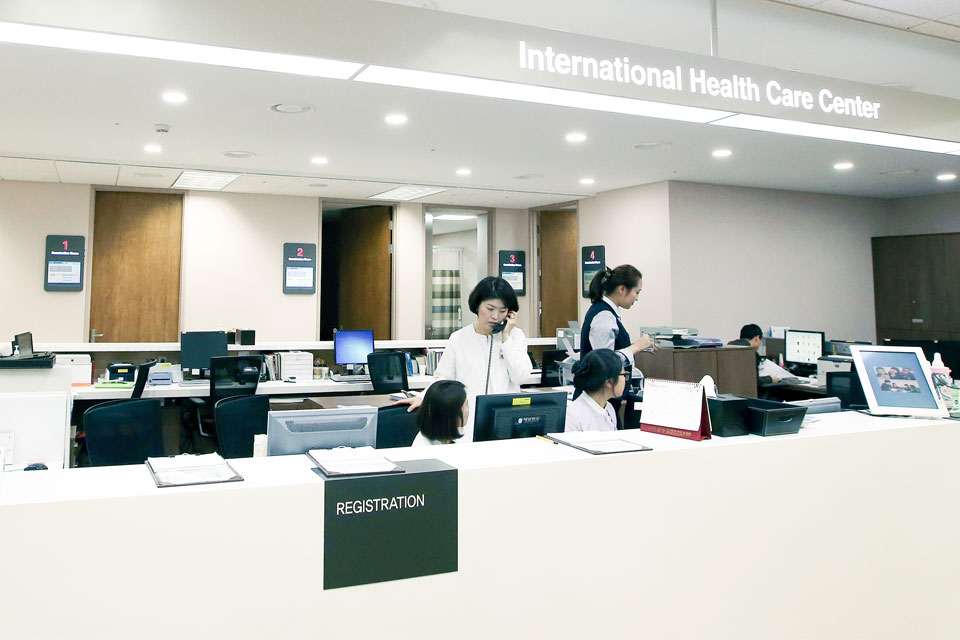No, my friend, culture shock is not realizing that you eat with a fork and they eat with chopsticks. Culture shock is a deep and dark thing. In psychology, its closest relative is depression. In the surgical field, its closest relative is transplant rejection. Except in reverse. You are the transplant and you’re rejecting the new host. Everyone experiences some level of culture shock while travelling. You will too, but it’s all in your head and I’m going to tell you how to beat it.
This is not my first round squaring off against culture shock. I had already moved five times before the age of five, and this is my second time working in Korea for over a year. Travel is in my blood. On top of that, I taught for three years at a language school in Los Angeles. My students came from all over the world and I saw them react to culture shock in every way imaginable. Living vicariously through them, I figured out what works and what doesn’t. So here’s what works.
Volunteer in Korea
It’s so damn easy to settle in and live comfortably here. My co-teachers speak English. I have English-speaking friends living near me. There’s a McDonald’s across the street and a Baskin Robbins next door. That being said, I’ve never heard a good story about someone having a comfortable day.
Volunteering in Korea is a challenge that will break you out of the mundane rut of comfortable living and keep culture shock at bay. You’ll make new friends, gain a deeper understanding of Korea, pad your resume, and sleep easier at night knowing you’re not a societal leech.
There are so many volunteering opportunities in Korea. When I lived in Busan, I knew foreigners who volunteered at an orphanage. They would go to the orphanage for two hours and play with the kids. No lessons, no materials. Just games. The kids were hungry for human contact. It’s an experience both the kids and the volunteers will never forget.
North Korean refugees getting matched with English teachers
There are many agencies you can volunteer with to help North Korean refugees. Personally, I’ve been volunteering with a non-profit called Teach North Korean Refugees (TNKR). Most agencies offer opportunities to raise funds and awareness, but TNKR will actually pair you one on one with a North Korean refugee. It’s unpaid and it can take a lot of time out of your weekend, but there’s nothing I could do with my time that’s more interesting than meeting a North Korean refugee one on one.
Volunteer in Korea. If you take nothing else from this article, volunteer in Korea.
Learn Something New
Culture shock creeps in when the initial wonder of living abroad fades. You’ll spend every bus ride your first month staring out the window like a wide-eyed child at a toy store. But in time, the wonder will fade and instead of this being your life abroad, it will just become life. You’ll be surprised by how easy it is to live your normal life here just like you did back home.
Things you once found charming about Korea before will start to frustrate you. You’ll begin to think people are unreasonably picking on you because you’re a foreigner. You are now in one of the deepest stages of culture shock. If you want to break out of it, you have to be active. You need to learn a new hobby.
There are so many things to do in Korea. From learning to cook Korean food to taking martial arts lessons to playing pickup basketball games. It doesn’t matter what you try, just try something. Try everything, then stick with the thing you like.
“It doesn’t matter what you try, just try something. Try everything, then stick with the thing you like.”
Michael, a good friend of mine, had been living in Seoul for three years before he picked up the hobby of biking. It changed his life. When I talked to him before, we always ended up complaining about our jobs and Korean culture. After he became active, he was suddenly full of energy and positivity.
“Korea literally has the best biking of any country I’ve ever been to,” he told me after moving back to the USA. “I’m still having conversations with lots of people from other countries, trying to find a comparison. Korea still wins out.”
“Korea has the best biking of any country I’ve ever been to.”
He explained to me that the entire country is connected by the 4-Rivers Cycling Trail. It takes you from Incheon to Busan. The entire trail has easy-to-follow marks and was built specifically for cyclists. On top of that, it has a passport system so you can collect achievement stamps as you go.
“There’s a great sense of anticipation for getting a new stamp,” Michael told me. “It gives that sense of accomplishment, particularly when you’ve completed a whole trail or when you’ve climbed a damn mountain to get there. You feel like you’ve done something worthwhile.”
South Korea is a small country, but there is so much to do. Get out there and do it.
Create Something
One of the best things about life in Korea is the foreigner community. Every urban area has a group of English-speaking foreigners, most of whom are teachers. We’re all small fish in a big pond back home, but out here the pond is much smaller.
I took advantage of this by making a band. I’m an intermediate bass player. I can hold a beat, but I’m certainly not good. Back home in Los Angeles, even amateur bands have try outs. Things are more relaxed out here. I got together with a few musicians who just wanted to make some noise and we played at local bars for people who just wanted to listen to some noise. There was no pressure.
I’m not a rockstar, but I can pretend to be one in Korea.
Korea is a great testing ground for any foreigner looking to try stand up comedy, stage acting, spoken poetry, or any other type of performance. Even if performing isn’t your thing, I recommend checking out the shows. It’s an easy way to make friends, which will also help you conquer culture shock.
In Short
Culture shock happens after the excitement of living abroad fades and the reality of being away from home sets in. It can cause depression and bitterness towards the host country. The best way to beat this is to establish an active life in Korea. So try something new. Make something. Lend a helping hand. Focus on being here. Home will still be right where you left it.
—
-Edited by Lindsay McEwen
-Teach North Korean Refugees photo provided courtesy of Casey Lartigue.








Leave A Comment